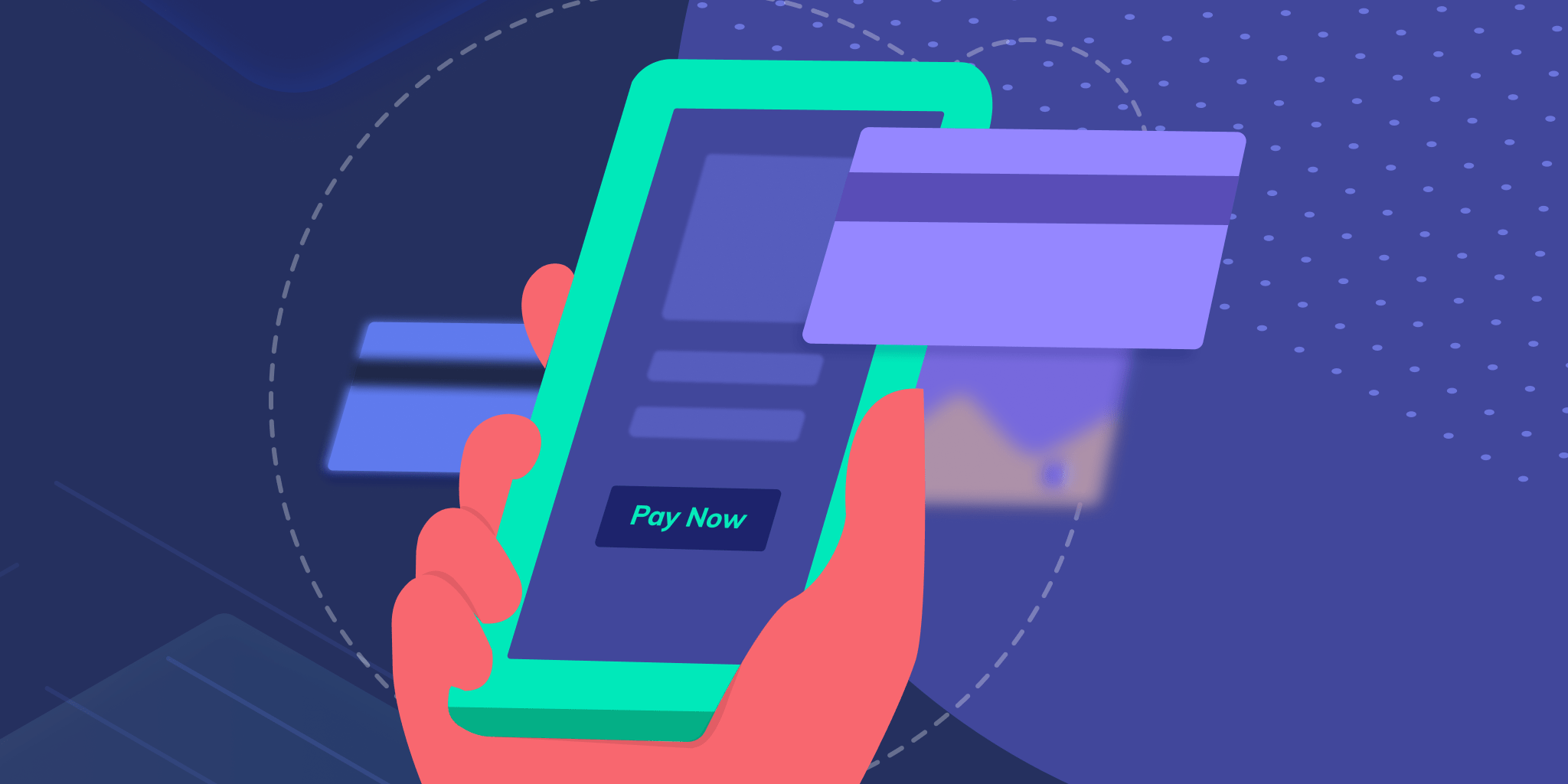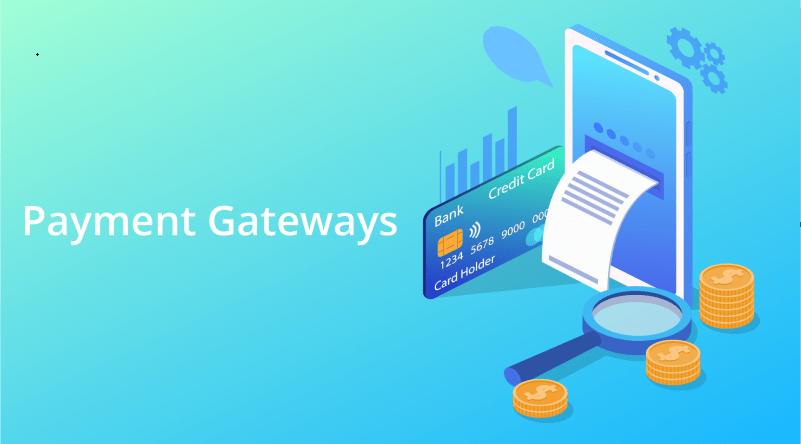Are Payment Gateways The Backbone Of E-commerce Fintech?
Have you ever thought about who is responsible for the security of our data such as our card information when we make a payment on an e-commerce platform? The answer is here: payment gateways. Payment gateways are one of the most important task units for both e-commerce and fintech.
Payment gateways are simply units that enable payment transactions between business and customers to be completed online and securely. Payment gateways provide online transfers between the business and the financial institution to which customers will make payments for e-commerce.
When a customer makes a purchase on any e-commerce platform, payment gateways are responsible for transferring payment information securely to the payment processor. At this stage, approval or rejection may occur depending on the customer’s payment method.
Payment gateways are generally effective for online shopping methods such as credit cards and digital wallets. Thanks to payment gateways, data such as payment information in e-commerce transactions are safely protected. Payment gateways account for a significant portion of the investment share among fintech companies. Payment gateways and other payment developments will continue to be one of the most important topics in the fintech field.
How Do Payment Gateways Facilitate Online Transactions In E-commerce?

Payment gateways are known for accelerating e-commerce transactions. So how do payment gateways speed up online transactions in e-commerce? To answer this question simply, we should remember that payment gateways are units that ensure the transfer and security of payment information.
For example, on an e-commerce platform, a customer will purchase a product or service online. It is necessary to transfer assets by choosing one of the payment methods accepted by the e-commerce platform. At this stage, payment gateways, which serve online, enable the transfer of assets between the customer and the business by safely protecting the payment information.
Encryption, authorization and verification processes as basic working principles constitute the function of payment gateways. Nowadays, different financial institutions or fintech companies are diversifying their online services as payment gateways. Many payment gateways use security measures to verify customers’ payment transactions during payment. I think the SMS code you receive on your phone when you make a payment would be a good example of this.
What Are The Payment Gateway Options For E-commerce Businesses?
The diversification of online banking opportunities and the direct impact of all units in banking by developments in the field of fintech have led to innovations in payment gateways. Nowadays, there are countless platforms that serve as payment gateways.
PayPal, Stripe, Square are among the most popular ones. In addition, while solutions can be found in traditional banking ecosystems, it is also very easy to find payment gateway services in payment ecosystems where transactions are made with cryptocurrencies.
While transferring assets online from one country to another is a very long and costly process with traditional banking methods, today it can be completed both quickly and safely thanks to advanced payment gateway options.
How Do Payment Gateways Ensure Payment Security For Online Shoppers?
Payment gateways utilize many measures and technologies to ensure the security of both customers and business parties working in the field of e-commerce. These security measures include SSL technology and PCI DSS standards. While SSL technology, known as Secure Socket Layer, ensures that payment information is securely protected online, the Payment Card Industry Data Security Standard requires all payment gateway providers in the ecosystem to have a certain level of security infrastructure.
It is thanks to this technology and adherence to international standards that e-commerce payments completed through payment gateways are safer and faster than traditional methods. These issues are very essential in the projects developed by fintech startups in the field of payment gateways.
What Are The Key Features To Consider When Choosing A Payment Gateway?

Generally, e-commerce platforms, not customers, determine the most suitable payment gateways for themselves. Some factors should be taken into consideration when choosing payment gateways. When choosing payment gateways service, the security measures of payment gateways should be questioned. At the same time, integration practicality is a very decisive factor for both platforms and customers.
Payment methods accepted by payment gateways may vary. Nowadays, I can claim that payment gateways, which accept a wide range of payment methods from cryptocurrencies to credit cards, are more advantageous. Additionally, transaction fees and compliance with international regulations should also be taken into consideration when choosing payment gateways.
When choosing a payment gateway, one of the basic expectations should be that the platform that provides this service is reputable and reliable. In addition, compatibility with new model payment methods allows customers to evaluate their different assets and reach their potential customers by integrating with innovative payments such as accepting cryptocurrencies as payment methods for e-commerce platforms.
Are There Regional Differences In E-commerce Payment Gateway Preferences?
The same flexibility is not offered for online payment processes and fintech studies in every country. There may be different processes for payment gateways in different economic ecosystems. For example, in some regions, when local regulations for online payments are inadequate, transactions may be subject to limitations in terms of time and amount.
In addition, since different consumer habits will create different fintech needs, it may be recommended for payment gateway startups to thoroughly research the countries in which they operate. For example, in some countries, innovative digital asset types such as cryptocurrencies are still not accepted as a payment method in e-commerce models. Therefore, payment gateway providers aiming to provide services in such countries should take this into consideration.
While we live in a world where there is no internet in some regions yet, we must remember that one of the issues that will bring globalization is that online payment methods and services must be advanced. However, we should not forget that it is also important that all payment gateways are offered with local solutions.
See you in the next post,
Anil UZUN
